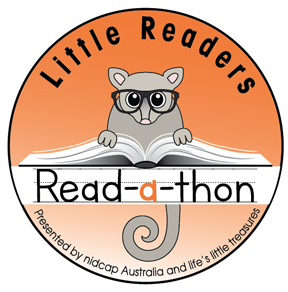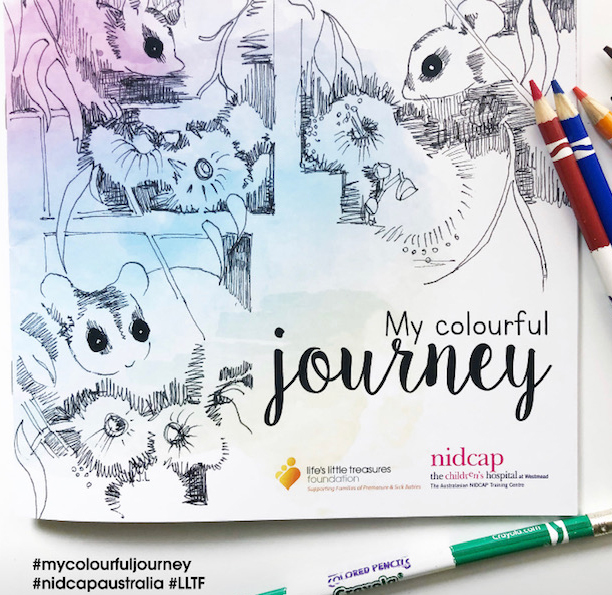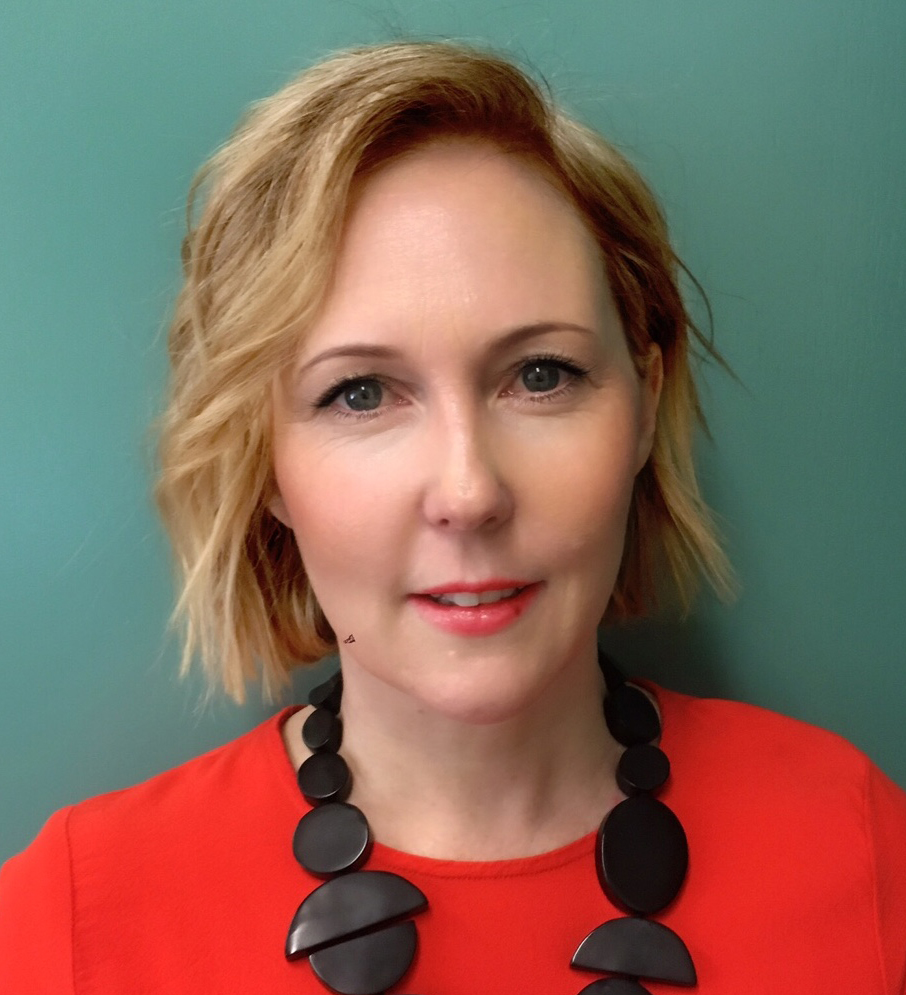
When they announced 2020 as the Year of the Nurse and Midwife, as a nurse I felt honoured and humbled to be recognised by the World Health Organisation (WHO) as a profession worthy of this praise. Yet as 2020 has evolved, and the world is faced with an unprecedented health event, nurses globally are muttering under their breath – ‘of course it is the year of the nurse’. To be honest it speaks to the origins of modern nursing.
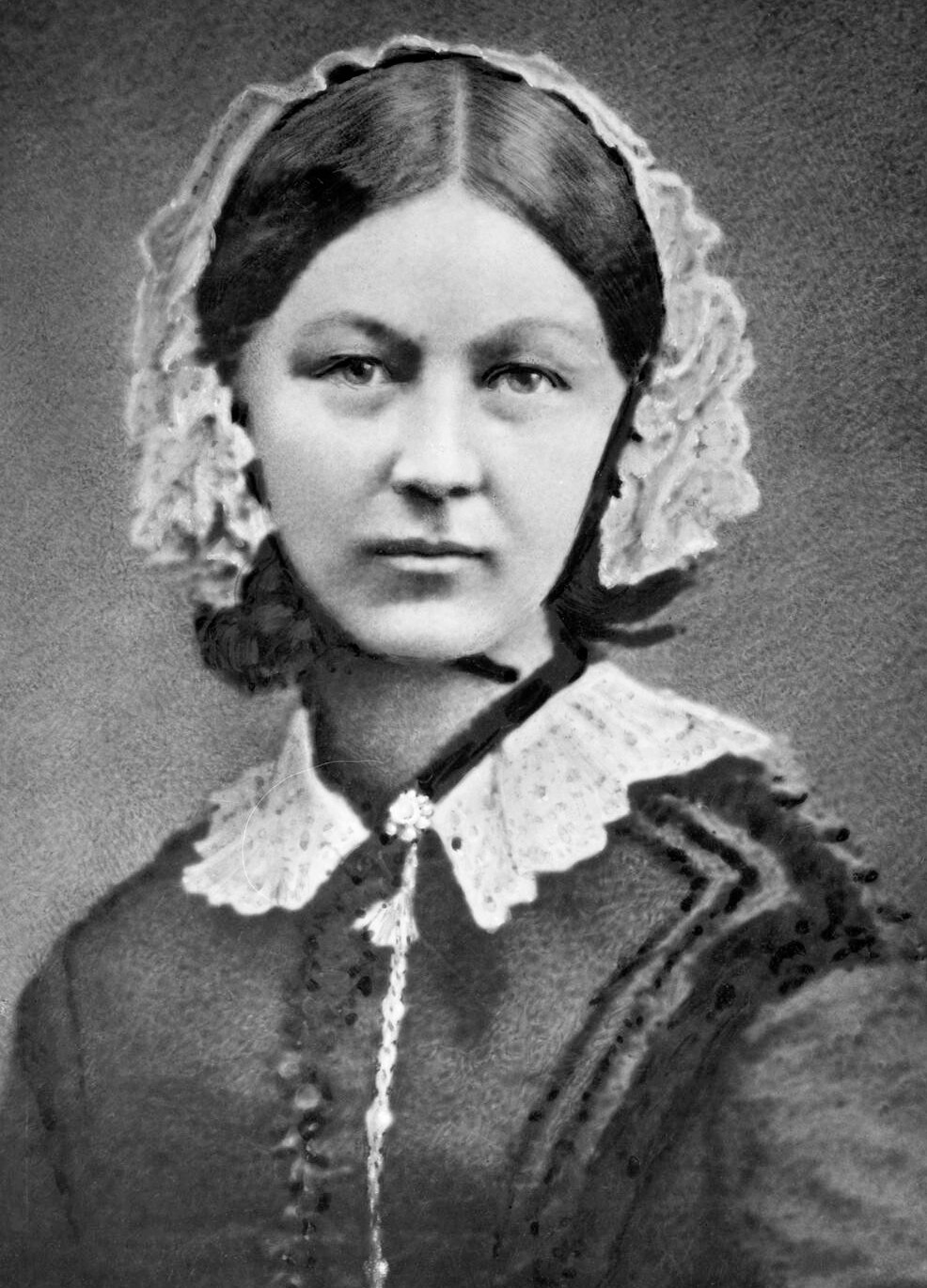
Florence Nightingale was a social reformer and is viewed as the founder of modern nursing.1 In the year we celebrate the 200th anniversary of her birth, we are reminded of her efforts to improve hygiene practices and the establishment of the Nightingale School of training for nurses at St Thomas’s hospital.1 Both are relevant today, as we stress the importance of hand hygiene (and social distancing) in the broader community, and within the NIDCAP community education is the cornerstone of our work. Whilst the current global pandemic may be interfering with our capacity to provide face to face education and training, NIDCAP training has provided us with knowledge and skills to advocate for newborns and importantly families in these unsettling times.
So why did nurses and midwives receive the honour of a year in their name? The WHO2 identified the following components as to why nurses and midwives required recognition:
- Nurses and midwives play a vital role in providing health services.
- These are the people who devote their lives to caring for mothers and children; giving lifesaving immunizations and health advice; looking after older people and generally meeting everyday essential health needs.
- They are often, the first and only point of care in their communities.
- The world needs 9 million more nurses and midwives if it is to achieve universal health coverage by 2030.
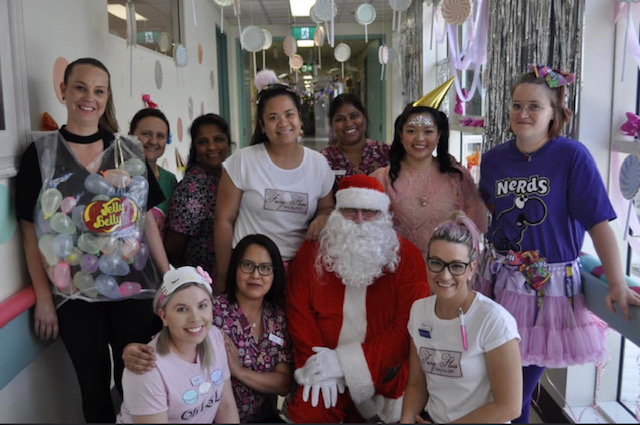
For nurses working in the newborn intensive care setting and NIDCAP units we are at the forefront of clinical care. Alongside the multidisciplinary team we work closely with parents and babies to support them on an unimaginable journey. In most newborn units there are more nursing staff members employed than any other discipline, valuing and acknowledging their role in the delivery of care is important.
The nursing team I have the privilege of being a part of are incredible. I would like to share with you some of the work being undertaken in our training centre and newborn unit by nurses to support the provision of infant and family centred care.
Nurse Led Research
- Priya Govindaswamy (Clinical Nurse Educator) is in the final stages of her PhD Candidature, her research explored the needs and stressors of parents of newborns requiring surgery (3,4)
- Philippa Mann (Clinical Nurse Educator) is undertaking a PhD, exploring the effects of Co-bedding in Twins (CoT Study) https://www.facebook.com/The-CoT-Study-Co-Bedding-Of-Twins-In-The-Neonatal-Period-2131024550273444/
- Jeewan Jyoti (Registered Nurse) is a nursing research fellowship participant who is leading the PAIN-PAM study, reviewing parent perception of their involvement in the management of their babies’ pain in the surgical NICU
- Amy Barker (Nurse Practitioner) led work on a nurse led ventilation weaning protocol
- Louise Wilson (Clinical Nurse Specialist) led work on the feasibility of a feeding algorithm in a surgical newborn setting
- Donna Hobson (Registered Nurse) led work on the development of a Gastroschisis feeding protocol
- Kristen James-Nunez (Nurse Practitioner and NIDCAP Professional) is leading research on invasive procedures during skin to skin
- Two articles have been published by our NIDCAP Training Centre (with a nurse as the lead author) in the past 12 months (one is currently in press)5
Nurse Led Quality Improvement Activities
- Kahlee Doyle (Registered Nurse) is reviewing bathing products for surgical skin preparation (benchmarking project)
- Jillian Lotoaniu (Clinical Nurse Specialist) and Alyssa Fraser (Clinical Nurse Consultant) are working on the development of a parent diary template for families in the surgical NICU
- Emma Carey (Nurse Unit Manager) is leading work on monitoring central venous access device functionality
Quality improvement activities partnered with the NIDCAP Training Centre
- The Little Readers Read-a-thon is led by Alyssa Fraser (Clinical Nurse Consultant), it is an annual event designed to increase exposure to adult language and reading in the newborn setting
- The My colourful journey sibling colouring in book led by Jillian Lotoaniu and Belinda Jacmenjak (Clinical Nurse Specialist) is an award-winning initiative designed to help siblings understand the newborn unit and reduce vicarious trauma. The team are now working on a palliative care edition of the colouring in book
There are many more individuals and projects I could mention. The point of highlighting the work of the nurses in our team is that their contributions range from practical clinical focused solutions to innovative initiatives designed to support families and evidence based research challenging current practices and seeking to improve the world of neonatology. From the origins of nursing as ‘wet nurses’ (yes you read that correctly), to modern nursing driven by Florence Nightingale, and to nurses today who are educated, dynamic, drivers of practice – we definitely deserve a year to celebrate our achievements.
What can the NIDCAP Federation International learn from the Year of the Nurse and Midwife? Five key investment areas have been identified by WHO:6
- Invest in more nurse-led and midwife-led services enabling nurses and midwives to work to their full potential
- Employ more specialist nurses
- Make midwives and nurses central to primary health care, providing services and supervising community health workers
- Support nurses and midwives in health promotion and disease prevention
- Invest in nursing and midwifery leadership
How do these goals align with what the NIDCAP community and the NFI are trying to achieve? Promoting the importance of funded NIDCAP trained nurse developmental specialists, supporting nurses to promote NIDCAP within their own country and globally, and encouraging nurses and midwives to step up as leaders within the NFI community and board, are areas where the NFI’s support is greatly appreciated and needed. The accessibility of NIDCAP training to nurses is more important than ever and consideration of how we can meet this goal will further the work of the international NIDCAP community, benefiting newborns and their families.
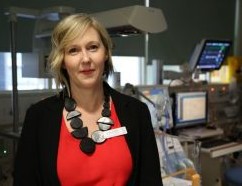 We would like to encourage the NIDCAP community and Newborn Units globally to acknowledge the work of your nursing team members, offer them opportunities within and external to your units and celebrate their contribution to the care of newborns and their families. Not only in the year of the nurse and midwife, every year.
We would like to encourage the NIDCAP community and Newborn Units globally to acknowledge the work of your nursing team members, offer them opportunities within and external to your units and celebrate their contribution to the care of newborns and their families. Not only in the year of the nurse and midwife, every year.
To the nurses working at the forefront of the current health pandemic, thank you. I know this was meant to be our year, and in a sense it is, because we alongside our healthcare colleagues are out there working harder than ever before and more selflessly than has been previously required of us. Stay safe.
Nadine Griffiths
NIDCAP Trainer
The Australasian NIDCAP Training Centre
Westmead, Australia
References:
- Biography (2020) Florence Nightingale (1820-1910). https://www.biography.com/scientist/florence-nightingale [accessed March 2020]
- World Health Organisation (2020) https://www.who.int/news-room/ [accessed March 2020)
- Stressors of parents of infants undergoing neonatal surgery for major non‐cardiac congenital anomalies in a surgical neonatal intensive care unit (2019) https://onlinelibrary.wiley.com/doi/abs/10.1111/jpc.14673
- Needs of parents in a surgical neonatal intensive care unit (2018) https://onlinelibrary.wiley.com/doi/abs/10.1111/jpc.14249
- Individualised developmental care for babies and parents in the NICU: Evidence-based best practice guideline recommendations (2019) https://www.ncbi.nlm.nih.gov/pubmed/31445697
- World Health Organisation (2020) Key Messages Year of the Nurse and Midwife. https://www.who.int/news-room/campaigns/year-of-the-nurse-and-the-midwife-2020/get-involved/key-messages [accessed March 2020]

